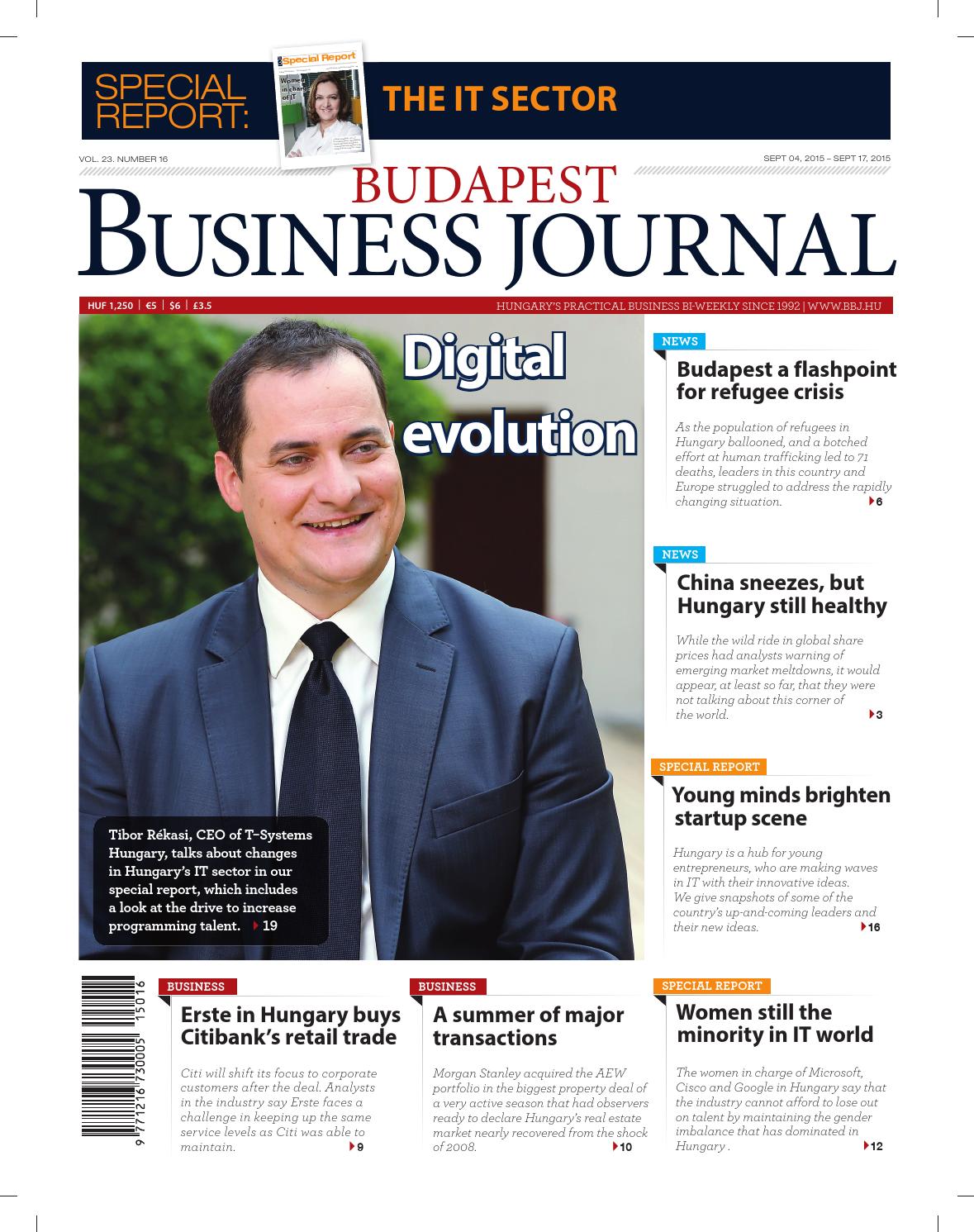Survey: Around 17% Of Hungarians Always Look For Cheapest Products
- 15 Oct 2018 8:10 AM
- Budapest Business Journal

The survey found that a third of shoppers regularly made impulse purchases, buying products they did not need or had not planned on getting.
"When we ask the question of why somebody fails to think about their livelihood in future, we often get the answer ‘thereʼs no money for that now’," says Erika Schaub, head of the life, health and accident lines of business at Generali Hungary.
"While many see that they wonʼt be able to afford their preferred quality of life with their pensions, they still do not save money in time. With long-term but low-value investments, we can prepare for our future without even noticing it, which may become even simpler with conscious spending habits. This is why weʼd like to give everyday tips and help with our ‘Élj a holnapnak!’ (Live for tomorrow!) campaign."
Impulse buying is mostly brought about by finding discounts at stores and is most common among women, those younger than 40 years, and those living in Budapest, the research found.
Wasting food also seems to be a common occurrence, as seven out of ten people threw away uneaten food in the last month, while one out of ten threw away food multiple times per week. Furthermore, about 60% bought a piece of clothing they have only worn once or twice in the last year. The ratio among impulsive buyers is 80%.
Depite the negative findings, buyers consider themselves to be conscious shoppers, but this is only true when purchasing durable consumer goods like cars and smartphones, according to the survey.



























LATEST NEWS IN shopping